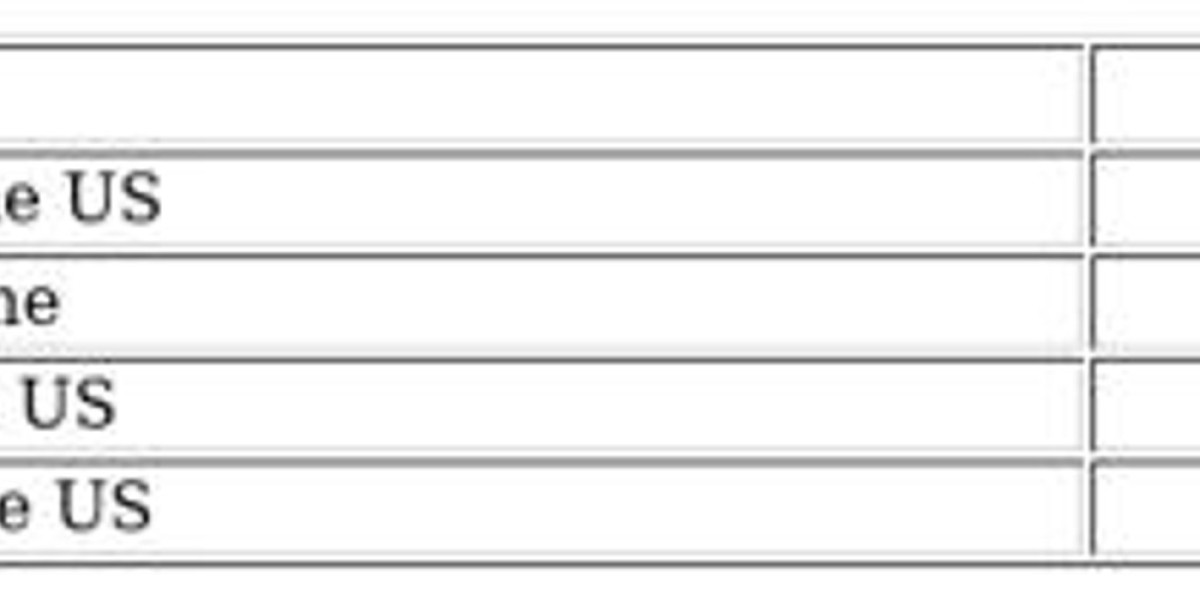When you receive your eyeglass prescription, it may appear to be a series of cryptic numbers and abbreviations. However, understanding these details is crucial for selecting the right lenses for your vision needs. This article will guide you through the components of your prescription, helping you decode the information effectively.

What is an Eyeglass Prescription?
An eyeglass prescription is a written order from an eye care professional that specifies the lens power needed to correct your vision. It typically includes measurements for both eyes, along with additional information that can affect your lens choice. But what do these numbers mean?
Breaking Down the Numbers
Your prescription will usually contain the following components:
- Sphere (SPH): This indicates the lens power needed for nearsightedness (negative number) or farsightedness (positive number).
- Cylinder (CYL): This measures astigmatism, which is an imperfection in the curvature of your eye.
- Axis: This is a number between 1 and 180 that describes the orientation of astigmatism.
- Add: This is used for bifocal or multifocal lenses, indicating additional magnifying power for reading.
- PD (Pupillary Distance): This measurement is the distance between your pupils and is crucial for proper lens alignment.
Understanding Abbreviations
In addition to the numbers, you may encounter various abbreviations in your eyeglass prescription. Common ones include:
- OD: Oculus Dexter (right eye)
- OS: Oculus Sinister (left eye)
- OU: Oculus Uterque (both eyes)
These abbreviations help eye care professionals communicate effectively about your vision needs. If you ever feel confused, don’t hesitate to ask your optometrist for clarification.
Why Accurate Measurements Matter
Having an accurate eyeglass prescription is essential for optimal vision correction. If the measurements are off, you may experience discomfort, headaches, or blurred vision. Therefore, it is advisable to have regular eye exams to ensure your prescription remains up-to-date.
Choosing the Right Lenses
Once you understand your eyeglass prescription, the next step is selecting the right lenses. Factors to consider include:
- Your lifestyle and daily activities
- Lens material and coatings
- Frame style and fit
For a wide selection of lenses tailored to your needs, visit  . They offer a variety of options that can enhance your vision and comfort.
. They offer a variety of options that can enhance your vision and comfort.
Conclusion
Understanding your eyeglass prescription is vital for maintaining good eye health. By familiarizing yourself with the numbers and abbreviations, you can make informed decisions about your eyewear. Remember, if you have any questions, your eye care professional is always there to help. With the right knowledge, you can ensure that your vision remains clear and comfortable.



